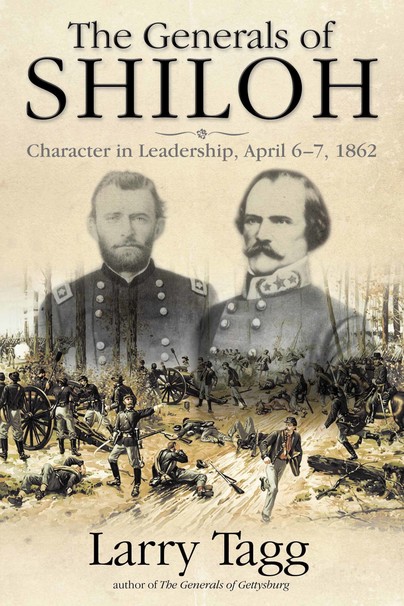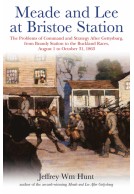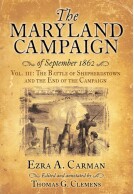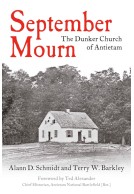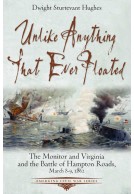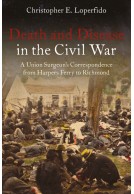The Generals of Shiloh (Hardback)
Character in Leadership, April 6-7, 1862
Imprint: Savas Beatie
Pages: 312
Illustrations: 6 maps, 58 images
ISBN: 9781611213690
Published: 30th April 2018
Pages: 312
Illustrations: 6 maps, 58 images
ISBN: 9781611213690
Published: 30th April 2018
You'll be £14.00 closer to your next £10.00 credit when you purchase The Generals of Shiloh. What's this?
+£4.99 UK Delivery or free UK delivery if order is over £40
(click here for international delivery rates)
Need a currency converter? Check XE.com for live rates
(click here for international delivery rates)
Need a currency converter? Check XE.com for live rates
“Character is destiny” wrote Greek Philosopher Heraclitus more than twenty-five centuries ago. Douglas Southall Freeman, the Army of Northern Virginia’s preeminent historian, echoed that view when he wrote, “Further study . . . may prove both more profitable and more interesting when it deals with men and morale than where it merely described in new terms the familiar strategy and battles.” Better than any historian of his age, Freeman appreciated the impact character played on Gen. Robert E. Lee’s judgment and actions. Indeed, the foundation of his Pulitzer Prize-winning Lee biography is constructed around this theme.
Most writers of military history stress strategy and tactics at the expense of the character of their subjects. Larry Tagg remedies that oversight with The Generals of Shiloh, a unique and invaluable study of the high-ranking combat officers whose conduct in April 1862 helped determine the success or failure of their respective armies, the fate of the war in the Western Theater and, in turn, the fate of the American union.
Tagg’s new book, which is modeled after his bestselling The Generals of Gettysburg, presents detailed background information on each of his subjects, coupled with a thorough account of each man’s actions on the field of Shiloh and, if he survived that battle, his fate thereafter. Many of the great names tossed up by civil war are found here in this early battle, from U. S. Grant, William T. Sherman, and Don Carlos Buell, to Albert S. Johnston, Braxton Bragg, and P. G. T. Beauregard. Many more men, whose names crossed the stage of furious combat only to disappear in the smoke on the far side, also populate these pages. Every one acted in his own unique fashion and in a manner worthy of study. This marriage of character (“the features and attributes of a man”) with his war record, offers new insights into how and why a particular soldier acted a certain way, in a certain situation, at a certain time.
Nineteenth century combat was an unforgiving cauldron. In that hot fire some grew timid and listless, others demonstrated a tendency toward rashness, and the balance rose to the occasion and did their duty as they understood it. Each of their stories are found within these pages. The Generals of Shiloh will be hailed as both a wonderful read and an outstanding reference work for the general student and scholar alike.
Customers who bought this title also bought...
Other titles in Savas Beatie...







